Hello Johnny,
There are a few considerations about using anything electrical from the USA. Any appliance that uses a power supply, check the specifications of the power supply. If the supply says 110v-220v, 2a-1a then you can use it without a problem. If it says 110v, 2a then get a new supply for 220v and rated amps.
Appliances are another consideration. You would have to inspect the circuit information for the possibility of changing the wiring to 220v usage. Some motors are designed for both 110v and 220v, other considerations are if they have a light in them like a frig.. The bulb may not be rated for 220v and the temp controls also. It all depends what the circuit information shows. Also if you bring large appliances here then there may be duties due on them. I am not sure how they figure the customs duties on items. In the long run I would say to just buy them here and save shipping, duties and any other costs involved in bringing them here. They are a lot different than in the USA due to energy efficiency.
Appliances here are quite different! There are no water heaters in most homes or apartments and you have to buy an instant on heater for the shower if you want a hot one. Most homes here have a 220V 60A service in them, which is equivalent to 110V 120A service in the USA. Washer and dryer are combination units that have water jets in the bottom to agitate the cloths and the dryer is a spin only dry, then hang to finish dry. If you spend the extra money and buy units like in the USA, you will pay thru the nose for them, due to duties, then figure how you are going to run them because the average home has no circuitry to handle the power requirements for large appliances. Or you will have to install a large LPG Gas system to supply the gas needed for a dryer. Gas is sold by the tank here, like the 5 gallon and 25 gallon tanks in the USA. Most refrigerators here do not have an automatic defrost cycle or are not frost free. The humidity here is so high here that the units get overwhelmed and freeze up with ice.
One recommendation here is that if you are going to live here, is to keep just out of town, but within driving distance to hospitals. They also are not like in the USA. This is a third world country and that is why it is paradise. It is a beautiful country with a very happy people. Life is slow paced and very relaxing. If you have a Filipino friend in Cebu, I would have them scope out a place to live for you and get a set price, before you go and look at it. They see a foreigner and the prices go up automatically here. Discounts are great here when items are paid for cash in the smaller stores. Malls, forget it, no discounts.
I brought most of my small electronics with me and only had to buy one replacement power supply for them. Voltage converters, forget them. I bought two and both worked for a few minutes and gave up. They are also not cheap.
COL here is dependent on where you settle. Big cities, high prices. Medium cities (Cebu), medium prices. Small town and rural areas, reasonable prices. Electric and food costs equivalent to the USA. Electric will cost you as much as you want, conservative lower bill, high usage, higher bill.
You can not own property here. You can own a condo, but you are at the mercy of the property owner. You also may not want to live in a highrise here, building standards here are not like in the USA.
I hope this is helpful, RAC
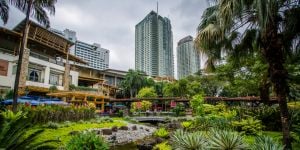 Accommodation in Manila
Accommodation in Manila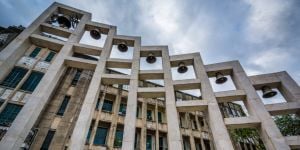 Studying in Manila
Studying in Manila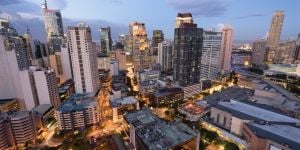 Work in Manila
Work in Manila Things to do in Manila alone
Things to do in Manila alone Student life in Manila
Student life in Manila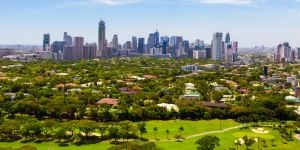 Buying property in Manila
Buying property in Manila Developing a professional network in Manila
Developing a professional network in Manila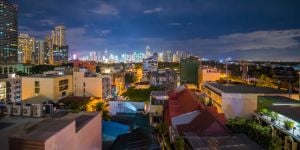 Choosing your neighbourhood in Manila
Choosing your neighbourhood in Manila



